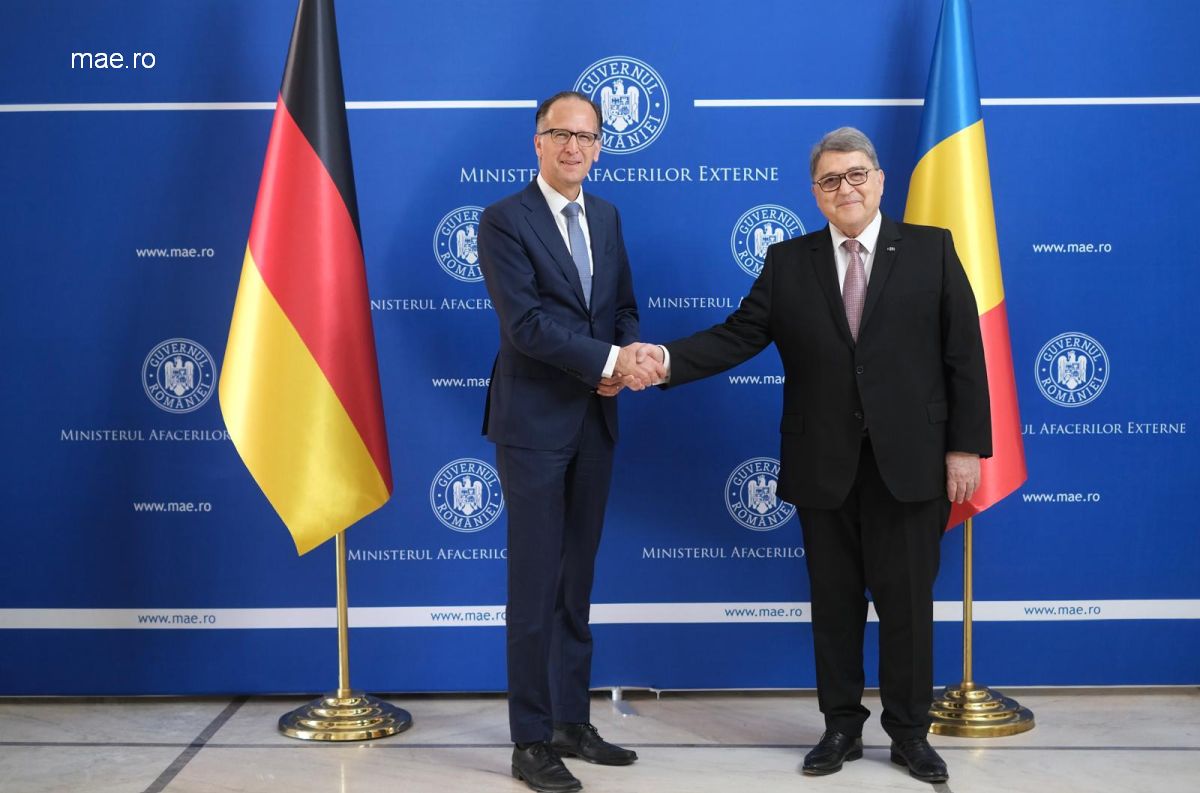The European Commission adopts Partnership Agreement with Romania
The Partnership Agreement for 2014-2020 sets down the strategy for the use of European structural and investment funds.

România Internațional, 07.08.2014, 12:50
The document paves the way for a 23 billion euro investment accounting for Cohesion Policy funding within the next 7 years. The minister responsible for European funds, Eugen Teodorovici, explains:
“Our priorities are largely the same, namely big infrastructure projects related to the environment, transport and energy. The private area will also benefit from an allocation of 4 billion euros.”
For the first time, 4 billion euros are being earmarked to research and innovation, as part of a separate chapter of the European Common Agricultural Policy. The Commissioner for agriculture and rural development, Dacian Ciolos, told Radio Romania that this area would for the first time benefit from specific measures and regulations.
Dacian Ciolos: “Funding will go to research and innovation projects and the implementation of their results in agriculture. At the same time, through the Common Agricultural Policy, member states may finance operational groups as part of their rural development programmes. These groups bring together farmers, researchers, consultants and professional training experts working together to identify the areas where research is needed and support the application of their research.”
Romania will also receive 8 billion euros for rural development and 168 million euros for its fishery and maritime sectors. Between 2014 and 2020, Romania is entitled to almost 5 billion euros of the European Social Fund. According to the European Commission, European investments will help fight unemployment and stimulate competitiveness and economic growth by supporting innovation, professional training and education in urban and rural areas.
Investments will also promote entrepreneurship, combat social exclusion and contribute to the development of an environmentally friendly economy, where resources are used efficiently. Romania’s priorities also include youth unemployment, employment relevance, education and professional training, fighting poverty and social exclusion and improving the efficiency and quality of public administration.






























